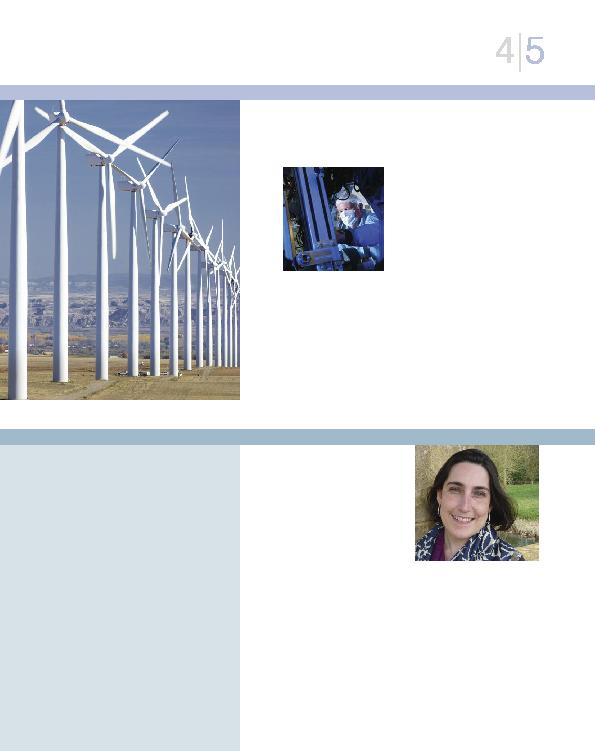
lecturer has won the
Guardian first book prize,
a prestigious award for
first time authors.
evaluation of the arts in Britain during the 1930s and 1940s. It beat four
other authors to the £10,000 prize and an advertising package with the
Guardian and Observer. Previous winners of the award include Zadie
Smith and Jonathan Safran Foer.
important higher education is to literature."
Thinkers Scheme.
postgraduate training has been established
between the Universities of Liverpool, Manchester
and Lancaster.
Research Council (ESRC), and will provide PhD students
with access to quality research training in social science
disciplines. The centre is guaranteed a total of 63 new
postgraduate studentships per year across the full range of
social science disciplines to support research and training
at doctoral level. This will amount to more than £15 million of
investment over the next five years.
PhD training
Guardian
in trapping atoms of antimatter for
more than 16 minutes, long enough to
begin to study their properties in detail.
experiment called ALPHA, part of a broad
programme at CERN, the European
Organization for Nuclear Research. ALPHA
uses a silicon vertex detector which was
designed, commissioned, and built in the
comparisons with ordinary hydrogen. Whilst hydrogen is the most abundant
element in the Universe, it seems that antihydrogen has only ever been formed
in our experiments here on Earth. Why there was no antimatter left when the
Universe became cold enough for atoms to form remains a great mystery, and
one we hope to shed some light upon."
illuminate the trapped anti-atoms with microwaves and determine if they absorb
exactly the same frequencies, or energies, as matter.